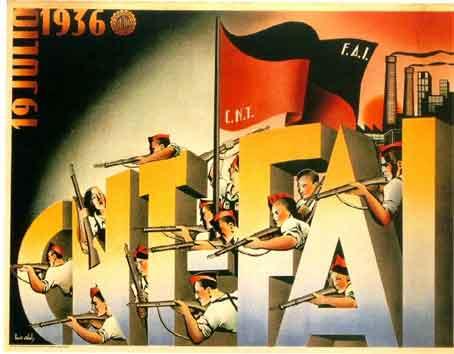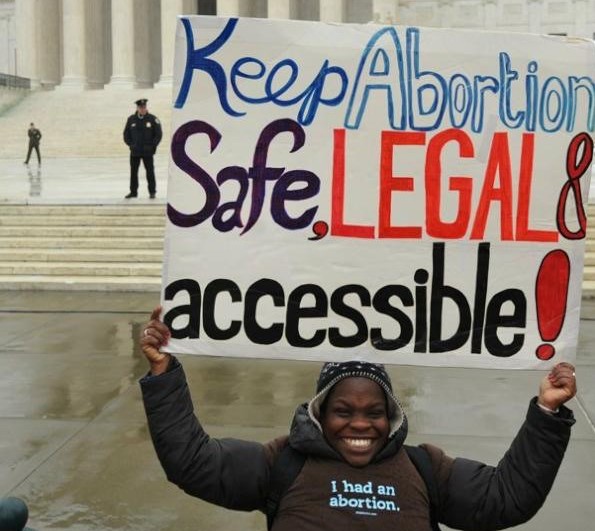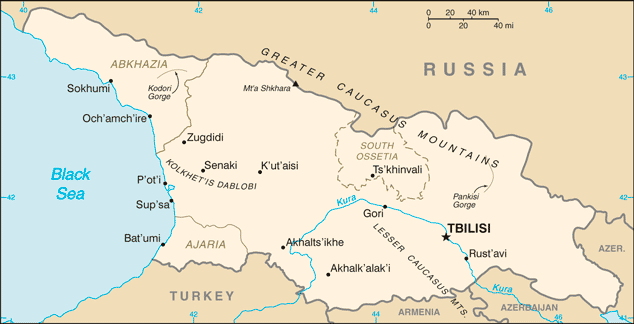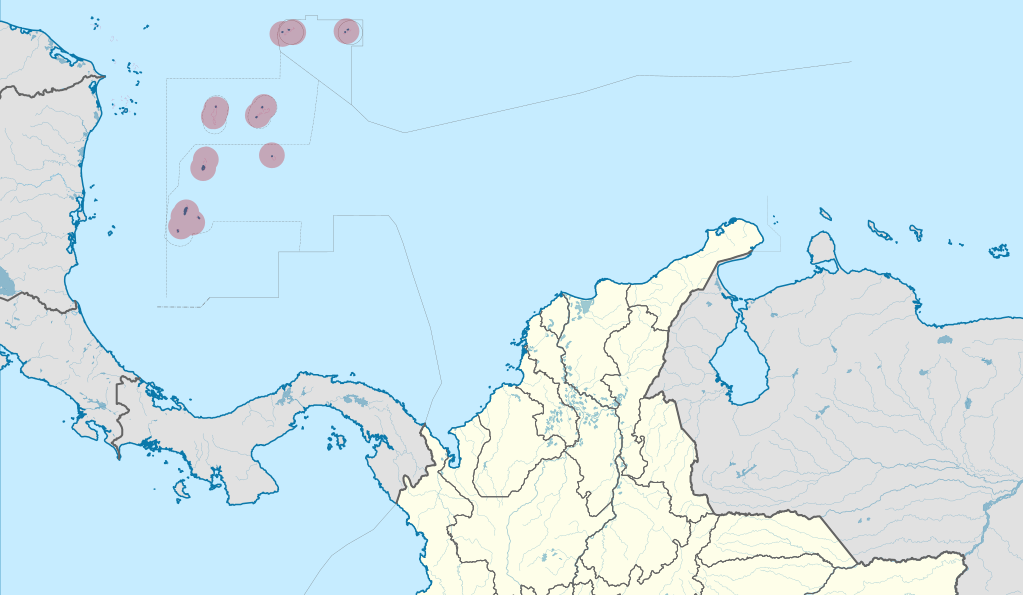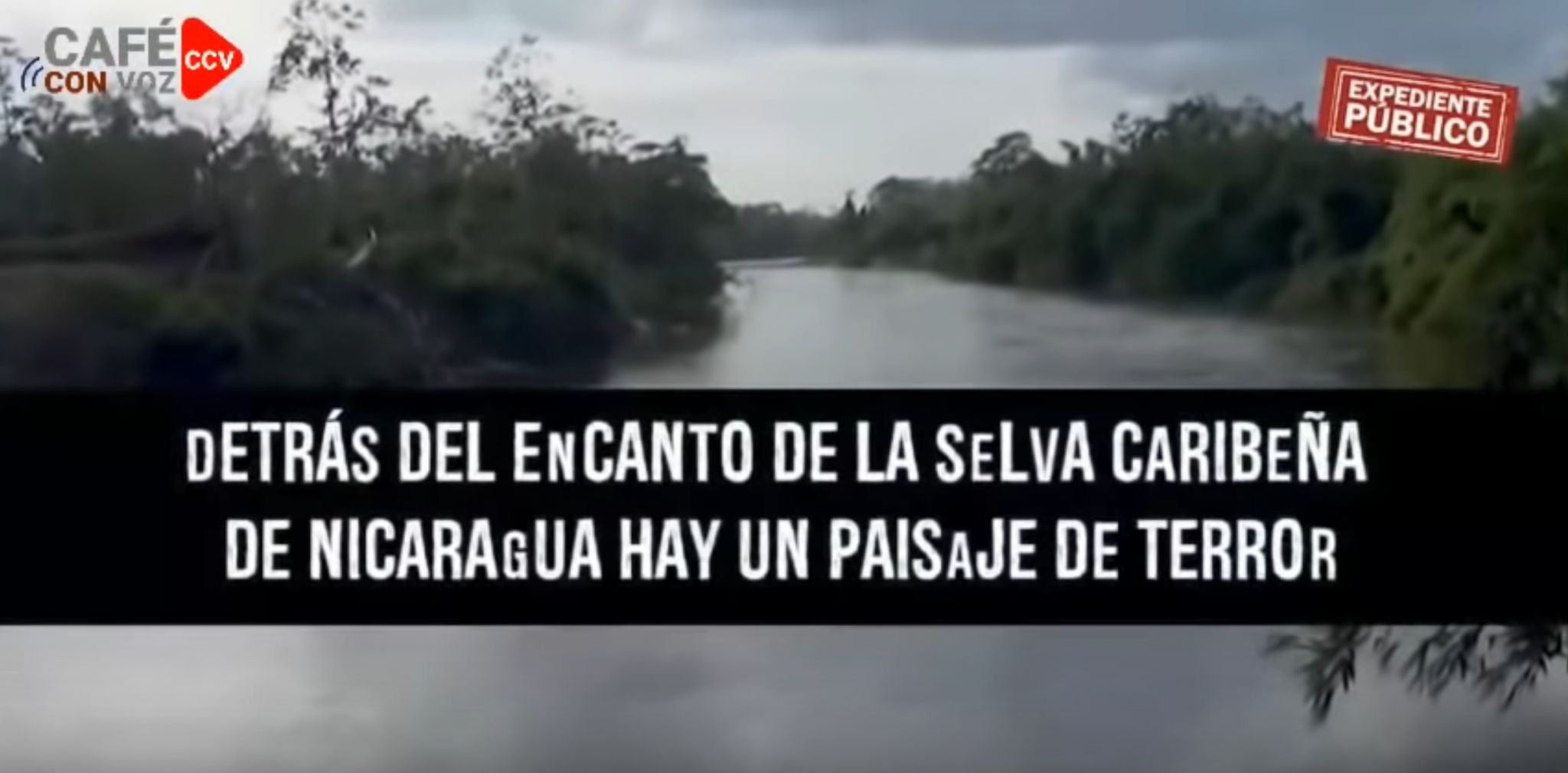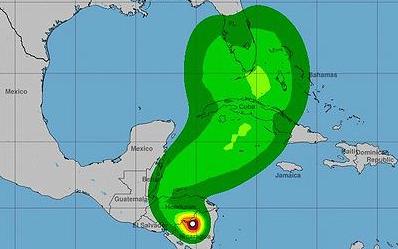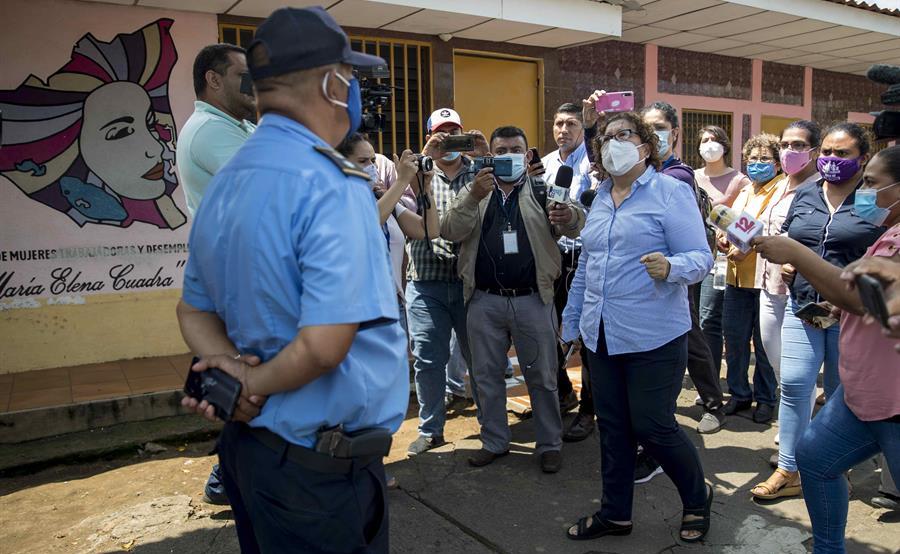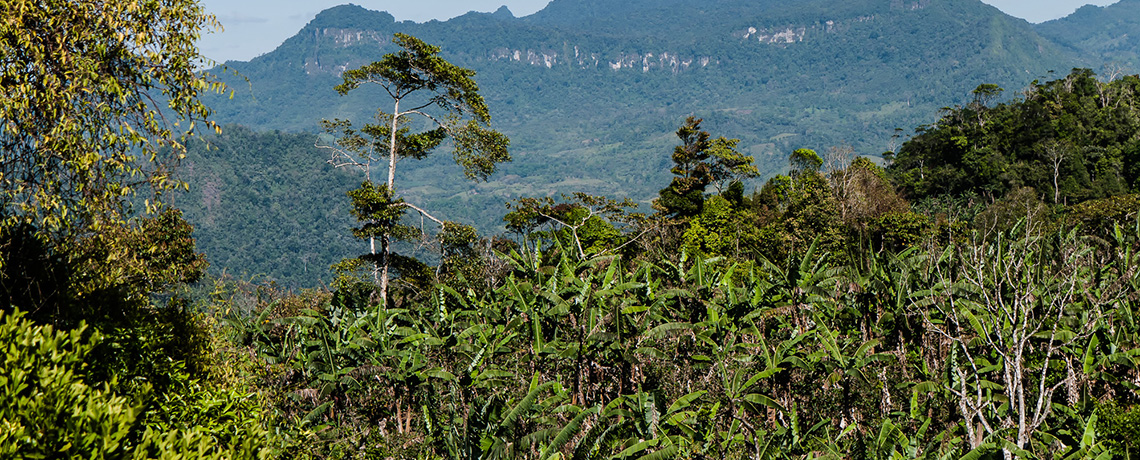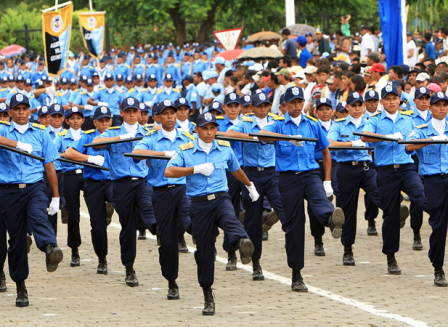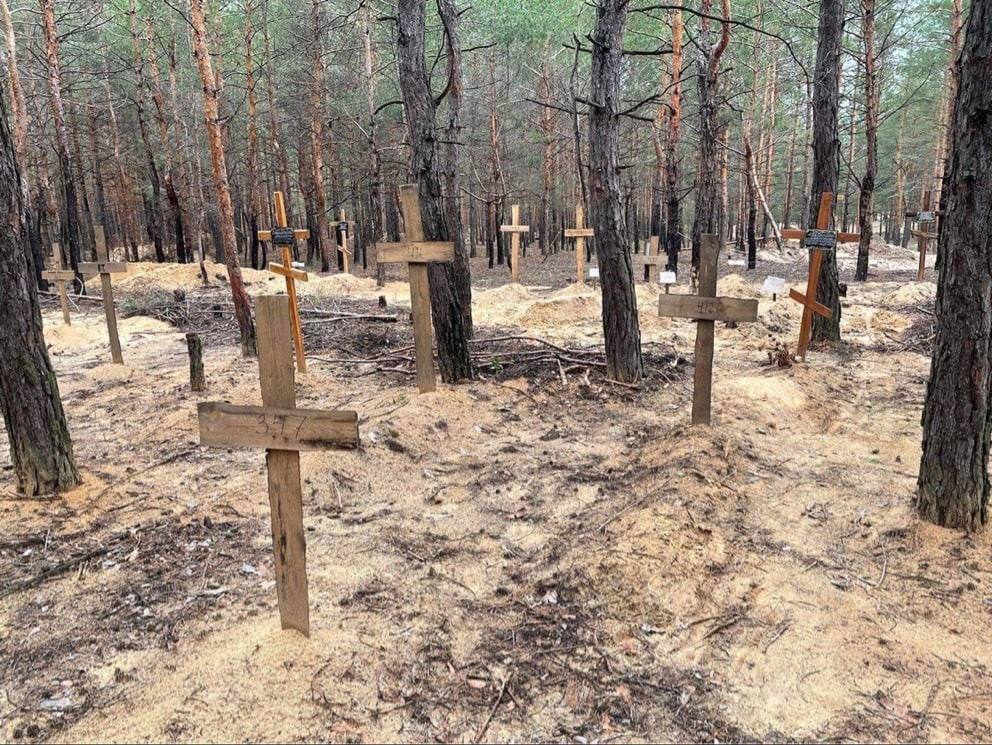
Ukraine: over 18,000 war crimes documented
Ukraine’s Center for Civil Liberties, which was awarded the Nobel Peace Prize with other rights defenders from the region earlier this month, reports that it has documented 18,000 war crimes committed on Ukrainian territory since the conflict began there in 2014—with the number skyrocketing since the Russian invasion of this year. Instances of torture and rape by Russian occupation forces are particularly emphasized. The Center is stepping up its investigative work in response to a fast-growing caseload. Ukraine’s law enforcement system is already overloaded with war crimes cases, and the International Criminal Court is focusing on only a few cases. The Center’s leader Oleksandra Matviychuk is calling for creation of a special tribunal to try Vladimir Putin and Russian war criminals. (Photo via Twitter)



